BECAUSE WE LIVE in a digital world, we’ve grown accustomed to real-time communication with one another — and with the brands we care about. Now, there is a growing expectation of real-time response from companies. Even small businesses need to become more nimble and proactive, communicating at the same pace as their customers. Thankfully, real-time communication doesn’t necessarily mean that your responses need be instantaneous, but it does mean you need to respond quickly enough to be relevant. Consider Oreo’s response to the blackout during Super Bowl XLVII in 2013. Shortly after the Superdome fell dark, the Oreo brand tweeted “You can still dunk in the dark,” which was retweeted 10,000 times in one hour. If your real-time marketing strategies are going to be effective, you’ll need to establish a framework to give your social-media managers the freedom to post on the fly. Clearly outline the types of content you consider appropriate to post, establish guidelines accordingly and then ensure your team is empowered to make real-time decisions off the cuff. Oreo’s tweet went viral because the message was deployed within a few minutes of the blackout. While it may sound counterintuitive, successful real-time marketing requires planning in advance. If you just shoot from the hip, you probably won’t see strong results. If you run an area restaurant, part of your real-time marketing planning may be deciding when you will focus on social media. If your lunch service has opportunity for growth, then you may focus on real-time social-media marketing tactics from 10:00 am until noon every day by watching users on popular social media platforms talking about their plans for lunch. If they’re inquiring about where to eat or commenting about plans to visit a competing restaurant, message them real time with an invitation to visit your restaurant for special VIP treatment, like dining at the chef’s table or trying out a new dessert for free. It’s more efficient to take your marketing to where your prospective buyers already are, instead of trying to entice them elsewhere to see your message. Similarly, in the social media arena, it is easier to engage consumers about topics that are already top of mind, like holidays, the Oscars or the Final Four. For example, Universal Music once deployed an email campaign that was a perfect example of social-media marketing that reflected current events. The emails were sent right after the Olympics, making the music that was used in the Closing Ceremonies available for digital download. This strategy, called “Newsjacking,” works well if your audience is interested in the event you’re referencing — but only if you can find an authentic way to connect it to your business without seeming desperate. The formula for a successful real-time marketing strategy is simple: establish guidelines, empower your team and determine where and when you’re likely to generate the greatest response for your time investment.
Due to the dynamic nature of social media, this content may vary from evolved best practices.




